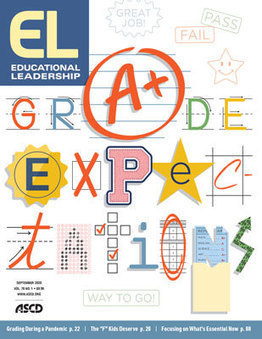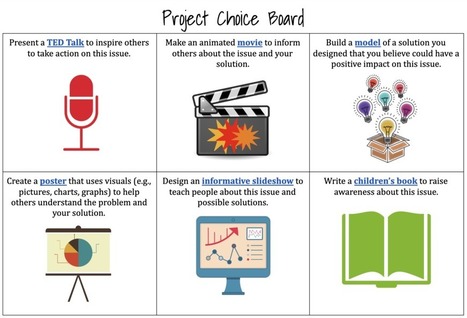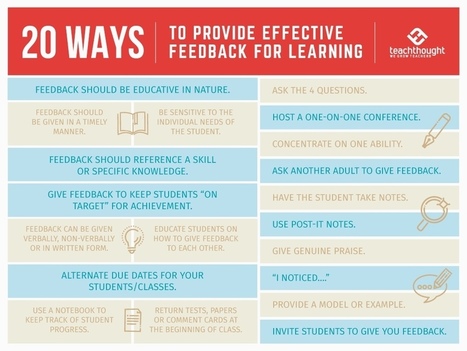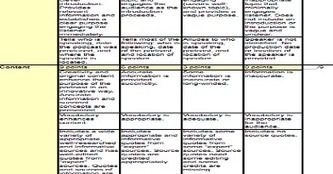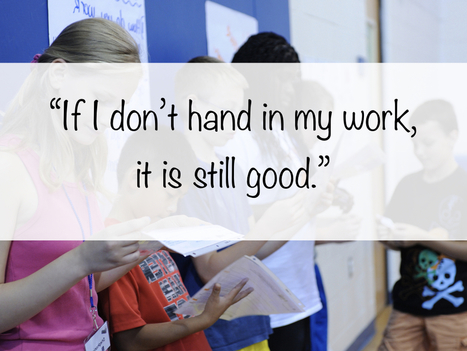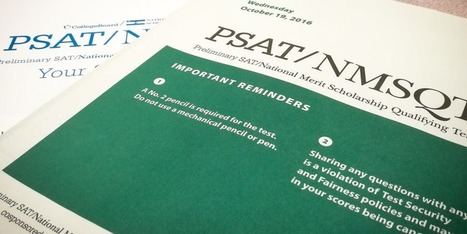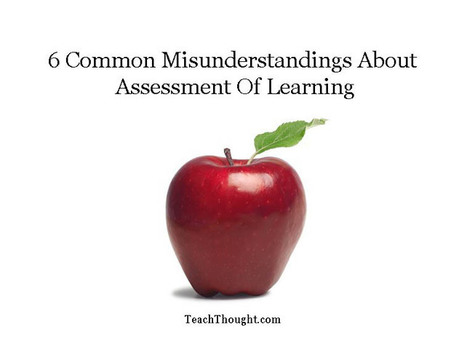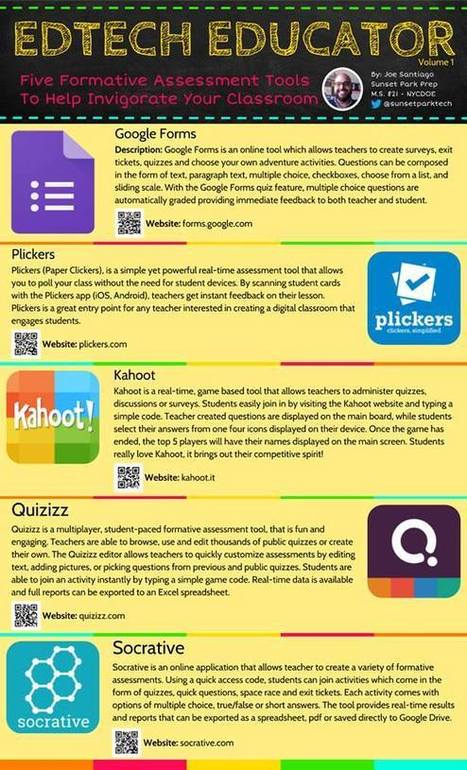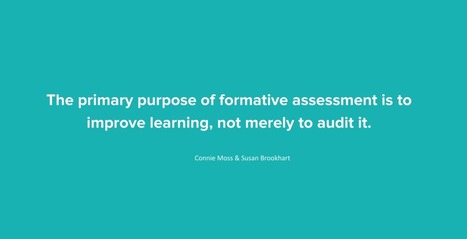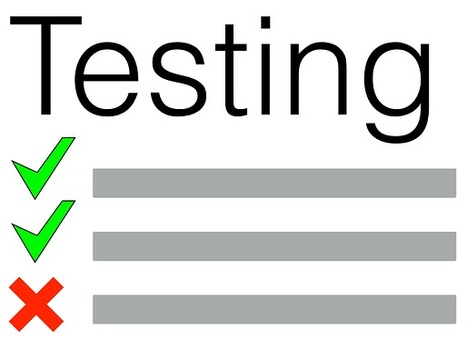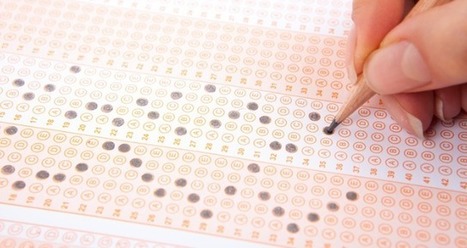
|
Rescooped by Dennis Swender from iGeneration - 21st Century Education (Pedagogy & Digital Innovation) |
Get Started for FREE
Sign up with Facebook Sign up with X
I don't have a Facebook or a X account
 Your new post is loading... Your new post is loading...
 Your new post is loading... Your new post is loading...
No comment yet.
Sign up to comment

Andrea Martin Rains's curator insight,
October 29, 2019 10:59 PM
Agency for students. Let them choose. (You curate the choices.)

Jan MacWatters's curator insight,
March 30, 2019 10:39 AM
If students have a stake in planning their goals, does it work?
Rodrigo Andres Montoya Gallego's curator insight,
September 14, 2020 9:48 PM
These digital platforms are important tools in order to measure content through online classes. it is also important to highlight that these assessment tools provided different ways to make our quizzes such as multiple-choice, visual content, etc. The current pandemic switched education to the virtual scenario, and assess students can be possible through these platforms,
Nancy Jones's curator insight,
May 25, 2015 11:06 AM
I like the breakdown presented in this article as well as the emphasis on using apps as critical thinking tools, not just creation tools. 
Ness Crouch's curator insight,
March 13, 2016 3:08 AM
Kathy Schrock has been looking ahead with technology and a librarian's instinct for organization for years. She's still hitting it out of the park.
Nancy Jones's curator insight,
May 25, 2015 11:06 AM
I like the breakdown presented in this article as well as the emphasis on using apps as critical thinking tools, not just creation tools. 
Ness Crouch's curator insight,
March 13, 2016 3:08 AM
Kathy Schrock has been looking ahead with technology and a librarian's instinct for organization for years. She's still hitting it out of the park. |
a.sanchez12@utp.edu.co's curator insight,
February 17, 2020 3:06 PM
Assessment have been seen with a negative connotation by teachers, learners and so on.
This article shocked me because it explains how assessment can help learners to improve in a great way. |



